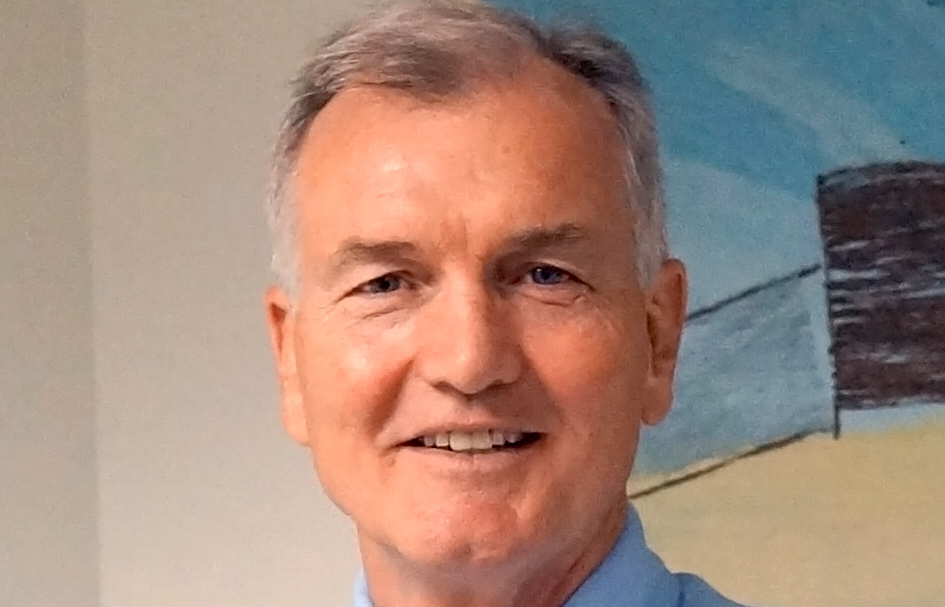The first Democrat to launch a campaign for governor became the first to leave the race today. Rich Leopold cited “difficulties in fundraising and talking about myself” and coming to learn “first-hand that electoral politics in Iowa is largely controlled by a small group [of] people.” Ultimately, he concluded “the reality of an outsider mounting a winning campaign in Iowa is slim.” I enclose the full text of his Facebook post below.
Leopold’s departure was not unexpected. Until this morning, his campaign’s Facebook page hadn’t been updated since April. He had missed some recent Democratic events, including the Boone County Democrats’ “Picnic for the People” on June 3, at which most of the other candidates spoke. He pledged today to keep working for “cleaner water, equal and fair treatment of all people, resilience to climate change, strong and sustainable rural economies, compassion in our mental and physical health systems, and CAMPAIGN FINANCE REFORM!”
In alphabetical order, the remaining declared Democratic candidates for governor are:
Nate Boulton (website, Twitter, Facebook)
Andy McGuire (website, Twitter, Facebook)
Jon Neiderbach (website, Twitter, Facebook)
John Norris (website, Twitter, Facebook)
Todd Prichard (website, Twitter, Facebook)
Three others are exploring gubernatorial campaigns and likely to announce in the coming months:
Cathy Glasson (website, Twitter, Facebook)
Fred Hubbell (website, Twitter, Facebook)
Mike Matson (Twitter, Facebook)
Mike Carberry, who had considered this race, confirmed a few weeks ago that he will run for re-election as Johnson County supervisor next year instead. Scroll to the end of this post to read his statement.
Film-maker Brent Roske had floated the idea of running for governor as an independent while contesting both major-party primaries. The Secretary of State’s Office says he will have to choose one path and can’t pursue them all simultaneously.



